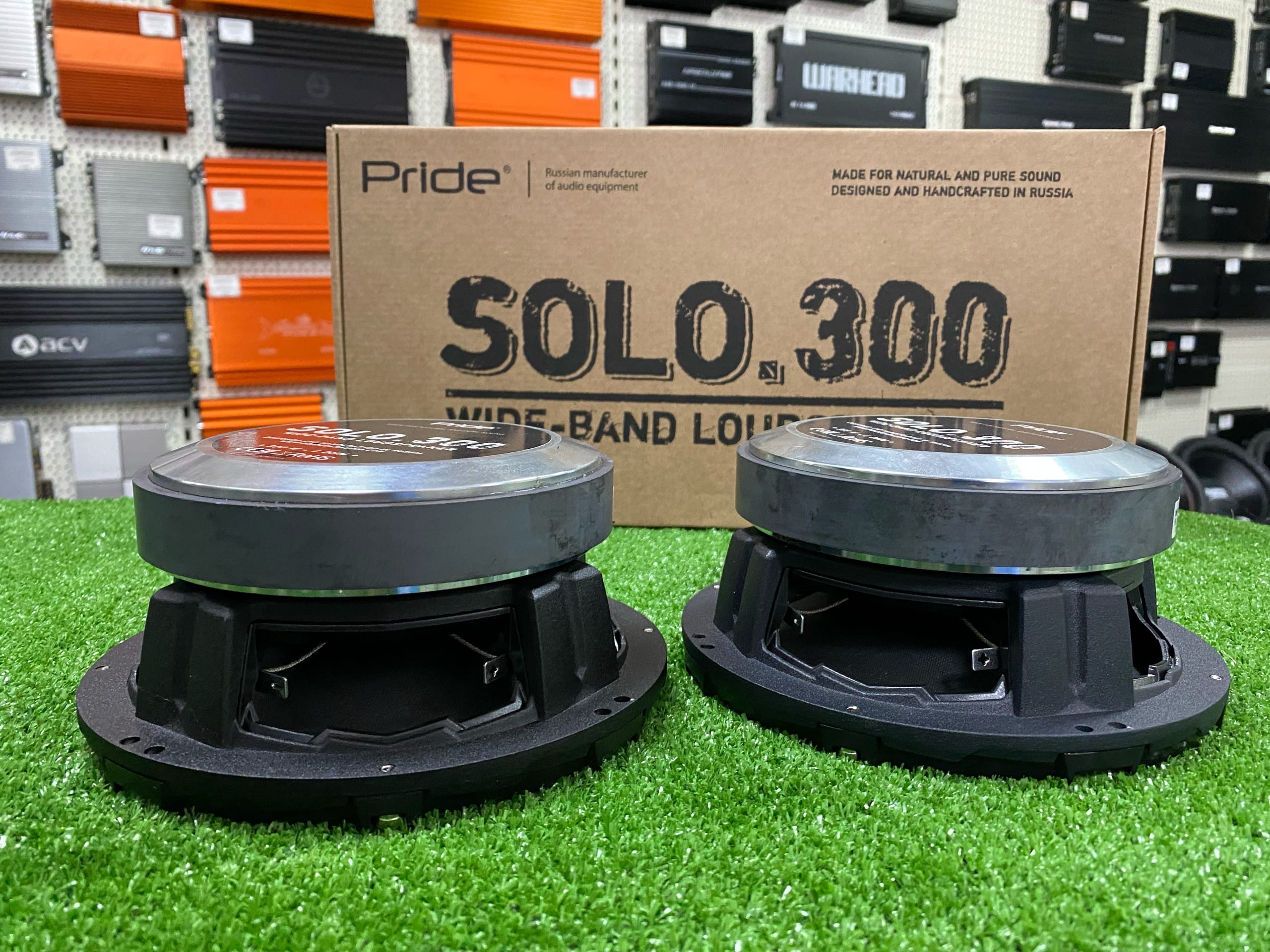Choosing the Right Speakers for Your Car: A Comprehensive Guide

When it comes to upgrading your car audio system, one of the most crucial decisions you’ll make is selecting the right speakers. The speakers in your car play a significant role in determining the quality of sound you experience while driving. With a plethora of options available on the market, choosing the perfect speakers can be overwhelming. However, with the right knowledge and guidance, you can make an informed decision that suits your preferences and budget.
1. Understanding Speaker Types:
Before diving into the selection process, it’s essential to familiarize yourself with the different types of speakers available. The main categories include coaxial speakers, component speakers, and subwoofers. Coaxial speakers, also known as full-range speakers, combine multiple speaker elements into one unit and are commonly found in factory-installed systems. Component speakers consist of separate tweeters, woofers, and external crossovers, offering superior sound quality and customization options. Subwoofers are designed specifically for reproducing low-frequency sounds (bass) and are essential for achieving a balanced audio experience.
2. Assessing Your Needs:
Consider your audio preferences and requirements before selecting speakers for your car. Are you looking for improved clarity and detail in the sound, or do you prioritize deep bass reproduction? Do you enjoy listening to a wide range of music genres, from classical to hip-hop? Understanding your priorities will help narrow down your options and ensure that you choose speakers that align with your preferences.
3. Matching Speaker Specifications:
When selecting speakers, pay attention to specifications such as power handling, sensitivity, and impedance. Power handling refers to the amount of power a speaker can handle without getting damaged, and it’s crucial to match the speakers’ power handling capabilities with your car stereo or amplifier. Sensitivity indicates how effectively a speaker converts power into sound, with higher sensitivity ratings generally resulting in louder sound output. Impedance, measured in ohms, should match the impedance rating of your car stereo or amplifier to ensure compatibility and optimal performance⠀
4. Listening to Demo Models:
If possible, listen to demo models of the speakers you’re considering before making a purchase. Visiting a car audio showroom or attending audio expos allows you to hear firsthand how different speakers sound and evaluate their performance in real-world conditions. Pay attention to factors such as clarity, accuracy, and bass response to determine which speakers best suit your preferences.
5. Budget Considerations:
While it’s tempting to splurge on high-end speakers, it’s essential to set a realistic budget based on your financial constraints. Fortunately, there are quality speakers available at various price points, allowing you to find options that offer excellent performance without breaking the bank. Consider factors such as brand reputation, warranty coverage, and customer reviews when evaluating the value proposition of different speaker models.
6. Professional Installation vs. DIY:
Decide whether you’ll install the speakers yourself or enlist the help of a professional installer. While DIY installation can save money, it requires technical expertise and may void warranty coverage if done incorrectly. Professional installation ensures proper placement, wiring, and integration with your car’s electrical system, maximizing the performance and longevity of your speakers.
In conclusion, selecting the right speakers for your car involves careful consideration of factors such as speaker type, audio preferences, specifications, budget, and installation options. By following this comprehensive guide and taking the time to research and audition different speaker models, you can upgrade your car audio system with confidence and enjoy an enhanced listening experience on the road.
